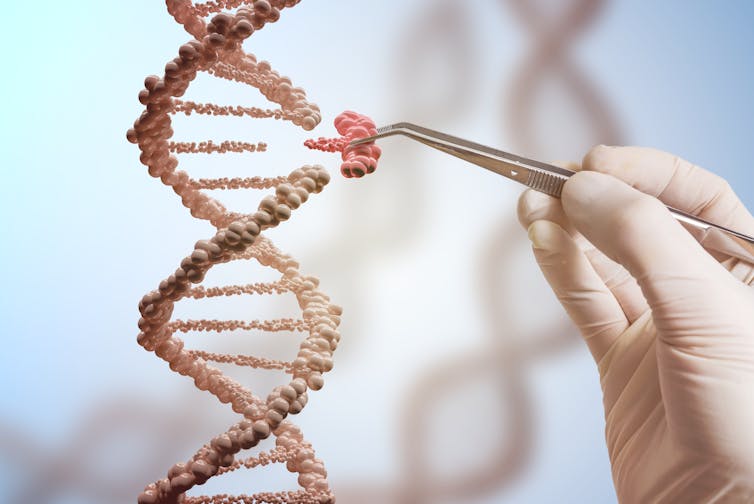Guest Post: Nothing if not family?
Written by Daniela Cutas Lund University
What are genetic relatives to each other if they are not de facto relatives? Is there no relation between a donor-conceived person and their gamete donor? Between the donor-conceived person and the donor´s other offspring or parents or aunts and uncles? Should parents facilitate acquaintance between their children and their children´s gamete donors or donor siblings or other close genetic relatives?
Answers to these questions will differ depending on how one regards the significance of genetic ties. For some, genetic ties equal real relatedness between people: blood is thicker than water, and your genetic relatives ultimately are your family. Anything else is at best a proxy, and at worst a lie. For others, the focus on genes and genetic relatedness is irrational and potentially harmful. It reinforces prejudice and reduces people to their biological components and the relationships between them to combinations of genes. Both these and other attitudes are simultaneously represented in many cultures and legislatures in the Western world. Sometimes, parents of donor-conceived children, who see themselves without a doubt as their children´s rightful parents, may fear that their children may choose to see the gamete donors as their parents instead. Other parents and children may be blissfully in sync with each other but find themselves in extended families and communities in which others see things differently and behave accordingly.Read More »Guest Post: Nothing if not family?


